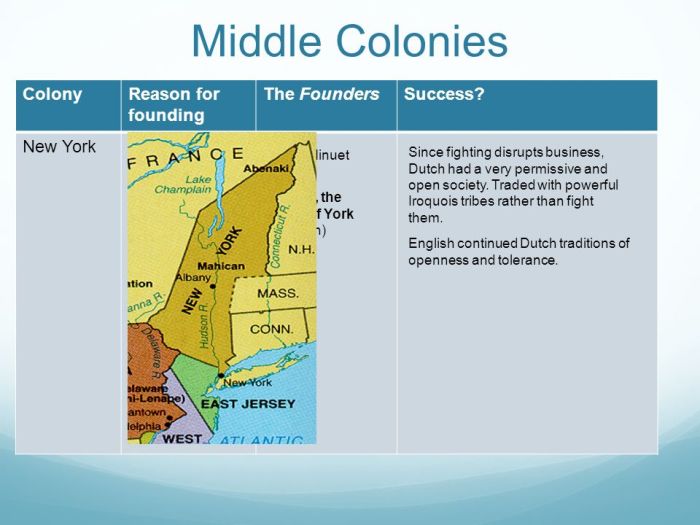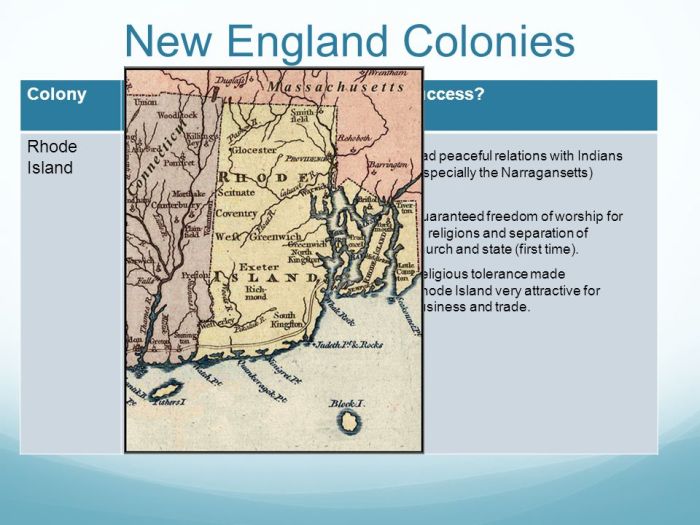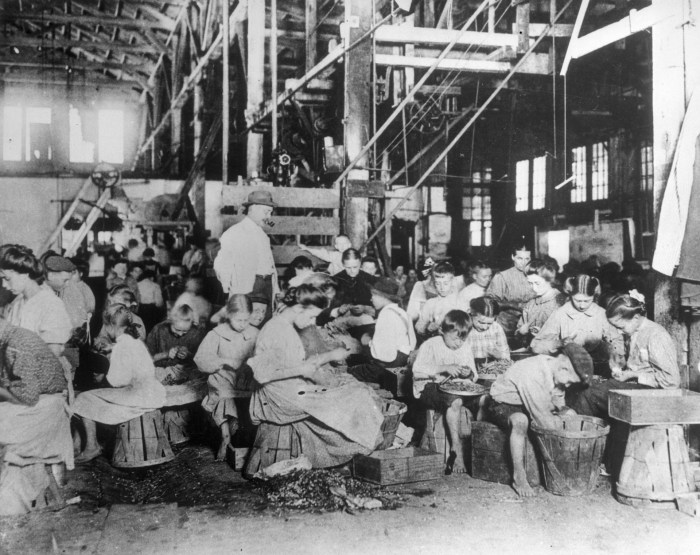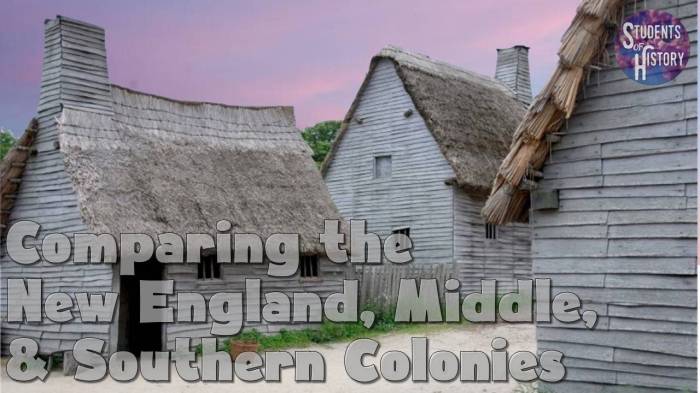What colonies founders believed that tolerance was a great virtue – In the tapestry of American history, the belief in tolerance held by the nation’s founders stands as a vibrant thread, shaping the very fabric of the nation. What Colonies Founders Believed: Tolerance as a Cardinal Virtue delves into the genesis of this belief, exploring the religious, political, and social influences that molded the Founders’ understanding of tolerance.
Through their writings and actions, they championed tolerance as a cornerstone of a just and harmonious society.
This discourse unravels the complex relationship between tolerance and other values, such as order and security, revealing the delicate balance the Founders sought to maintain. It further examines the challenges they faced in fostering tolerance amidst a diverse and rapidly evolving society.
The Founders’ Belief in Tolerance: What Colonies Founders Believed That Tolerance Was A Great Virtue

The American Founders believed that tolerance was a great virtue. They saw it as essential for creating a just and harmonious society. Tolerance, as understood by the Founders, was not simply a matter of tolerating those with whom one disagreed.
Rather, it was a positive virtue that required actively promoting the free exchange of ideas and beliefs.
The Founders’ views on tolerance were shaped by a number of factors, including their religious beliefs, their political experiences, and their understanding of the social contract. Many of the Founders were deeply religious, and they believed that tolerance was a necessary condition for religious freedom.
They also believed that tolerance was essential for a well-functioning democracy, as it allowed for the free exchange of ideas and the peaceful resolution of conflicts.
The Founders promoted tolerance in their writings and actions. In the Declaration of Independence, Thomas Jefferson wrote that all men are created equal and that they have the unalienable right to life, liberty, and the pursuit of happiness. This principle of equality extended to religious beliefs, and Jefferson argued that no one should be discriminated against because of their religion.
The Limits of Tolerance, What colonies founders believed that tolerance was a great virtue
The Founders did not believe that tolerance was absolute. They recognized that there were some limits to tolerance, such as the need to maintain order and security. They also believed that tolerance should not be extended to those who sought to undermine the government or to harm others.
The Founders faced a number of challenges in maintaining tolerance in a diverse and rapidly changing society. One of the biggest challenges was the presence of slavery. Many of the Founders recognized the evils of slavery, but they were reluctant to abolish it because they feared that it would lead to a civil war.
As a result, slavery continued to exist in the United States for nearly a century after the Declaration of Independence was signed.
The Legacy of Tolerance
The Founders’ belief in tolerance has had a lasting impact on American history. The principle of tolerance is enshrined in the First Amendment to the Constitution, which protects the free exercise of religion and the freedom of speech. Tolerance has also been a key factor in the development of American democracy, as it has allowed for the peaceful coexistence of a wide variety of different groups and beliefs.
However, the legacy of tolerance is not always positive. In the past, tolerance has sometimes been used to justify discrimination and oppression. For example, during the Jim Crow era, white Southerners used the principle of tolerance to justify the segregation of blacks from whites.
Quick FAQs
What factors influenced the Founders’ views on tolerance?
Religious diversity, Enlightenment ideals, and the desire to create a harmonious society.
How did the Founders promote tolerance in their writings and actions?
Through the Declaration of Independence, the Constitution, and their public statements and policies.
What were the limits of tolerance as understood by the Founders?
Tolerance did not extend to actions that threatened public order or security.


